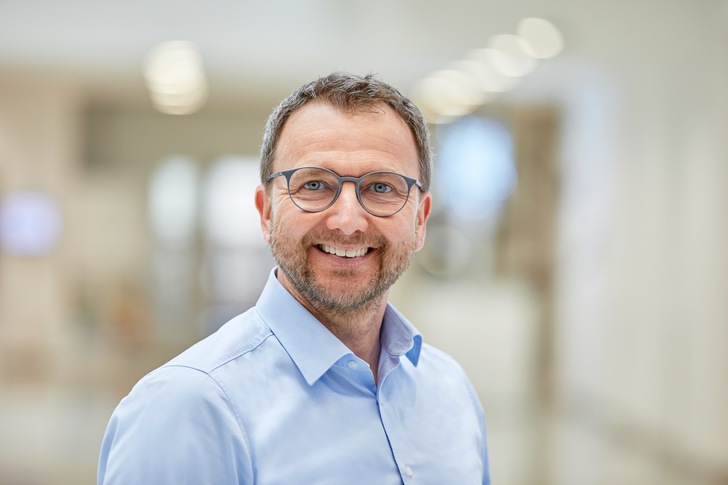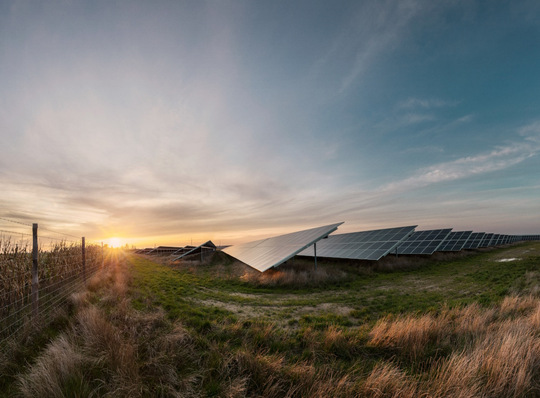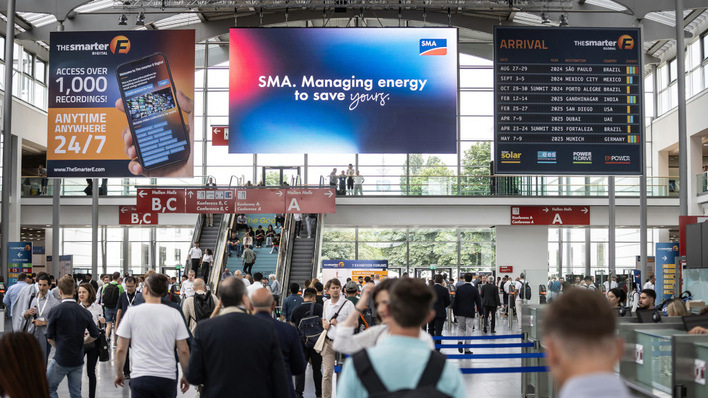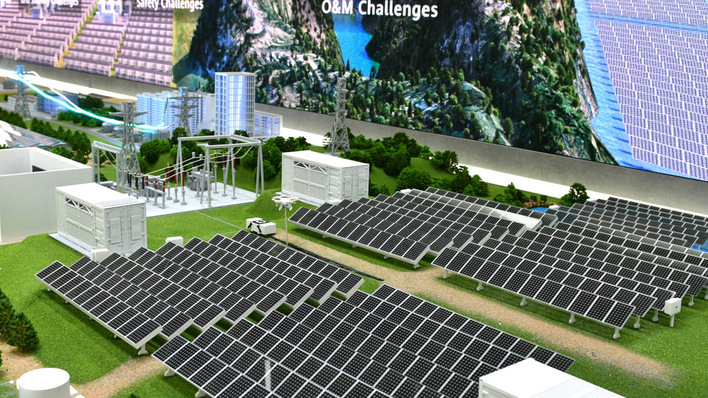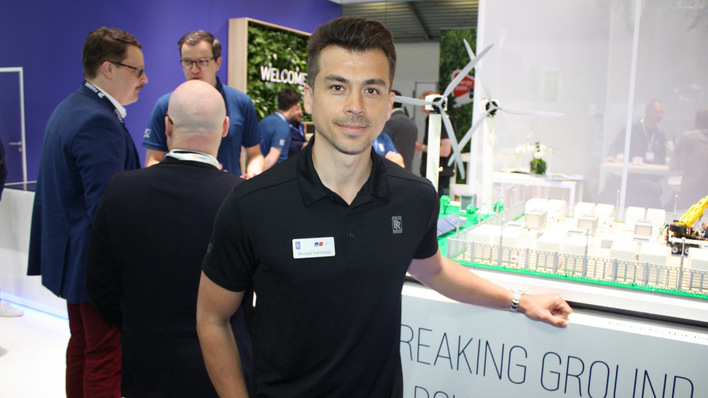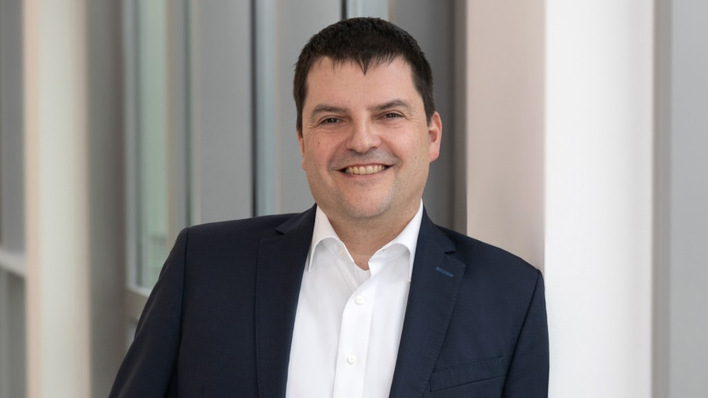The rising demand for solar systems is a big challenge for all the players in our industry, for you, too. How big is it?
It's very important. If you want to fulfil the international goals for energy transition, it's mandatory to have a big growth in annual installations for renewables. And you have to be quite efficient and smart about how you use the energy. One question is how to couple the volatile solar or wind generation to another sector like e-mobility or storage.
And how important is the reliability and the safety of the components, let's say in a solar park?
In my understanding it's very important. It is not sufficient to speak only about solar technology. If we want to meet the global demand, we have to speak about sector coupling. This means to interconnect the different sectors in a very smart way. If you have volatile energy generation like wind or solar and you have e-mobility like charging cars, it must be connected together. You have to have also a storage system in the mix. That is what we know about smart and intelligent interconnection between all the different sectors.
You supply the whole DC side of the solar park. What are the expectations of your customers?
The expectation of our customers is that they need flexibility. We are told that we need a standardised solution. That is what we provide, a standardised solution, but with open interfaces and with open flexible opportunities. If you want to interconnect, say, a charging park with a solar installation and a battery system, you need this flexibility. So we offer a fully standardised solution. That‘s why we are quite successful with our partners on site.
You have to have a lot of experience beforehand to understand what your customers want. So how does it fit? The solar parts on one hand and the EV charging parts on the other?
It is a new trend to interconnect. It is also very challenging, because we come from the solar business with its own way of thinking. Now we meet a different customer group that wants charging stations. They have different expectations. The challenge is to meet each other. To understand how is the behaviour of solar power generation, and what is necessary to communicate with a charging station or charging park.
What solution do you have for this?
The solution lies in digitalization. Otherwise it's not possible if you don't have the digitalization. That‘s why we create a digital twin to learn before we start a project. Then we know the behaviour of the complete concept. This we see as a big opportunity for the future.
How do you manage this in your discussions with your customers? Do you have a kind of R&D group preparing all this?
We have a group for that. For instance, it is very time consuming to take care of all the different certifications that you need in Europe. Actually every European country has its own regulations. They follow European ideas but they have their own guidelines and requirements. It is actually very time-consuming to certify a feed-in management system for every country individually.
At the moment, the solar industry has some trouble with the global supply chain. Can you meet the demands of your customers or do you have some problems in the delivery?
Honestly, we face some problems because we see so much demand. We have massive growth in our business. Actually, we can deliver, but we have some shortages. Certainly, that is what we want to try to solve for our customers, to find second sources. For instance, to build up another supply chain, so that we can meet our customers’ full demand. (HS/mfo)
Torsten Sieker is Director Global Industry Management Solar Power at Phoenix Contact. His tasks are the international project business, development of new solutions and their marketing in the international markets and business development.
Watch the video with Torsten Sieker here.
Watch all our CEO-Talk with decision makers of our industries.


